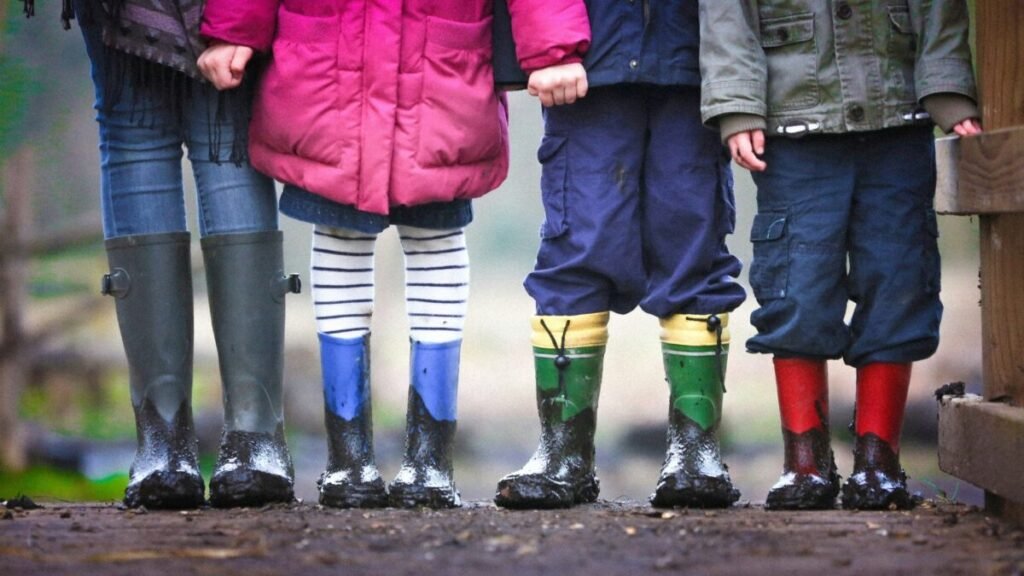Should parents pitch in to help their kids make friends? Let’s hear what the experts have to say!

Watching how children interact in a park or on the school playground can be quite revealing. Some dive right into playing easily, while others hang back. According to Ana Jiménez-Perianes, a professor of Clinical Psychology and Child and Adolescent Health at CEU San Pablo University, many children may feel insecure or lack social skills. Family support is crucial for children to feel secure in their relationships. Parents can help by inviting friends over, going to the park, or participating in group activities, while allowing the child to initiate the interaction.
Children who are able to make friends naturally often share common traits such as extroversion, empathy, and cognitive flexibility. On the other hand, extreme shyness, impulsiveness, or rigidity in behavior can lead to misunderstandings or rejection from peers. The good news is that these skills can be trained if the environment is conducive and adults act with patience.
The role of parents is crucial in children’s friendships. Encouraging socialization by example, promoting empathy, and offering spaces where children can connect are effective strategies. Experts warn that overprotecting or intervening directly can have the opposite effect.
The educational environment also plays an important role in educating children about friendship. An inclusive and positive school environment encourages children to open up and socialize. Schools that promote cooperation, diversity, and emotional management help reduce childhood loneliness and social isolation.
Not all children need to have many friends, but prolonged isolation or sudden changes in behavior may indicate an underlying issue. Signs such as lack of interaction for long periods, sudden loss of interest in socializing, or feeling like nobody wants to be with them should not be ignored. Seeking professional help to strengthen the child’s social skills is recommended if these warning signs persist.






